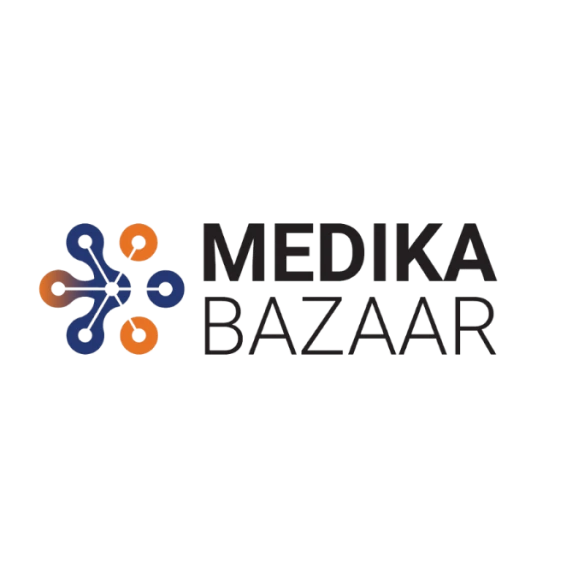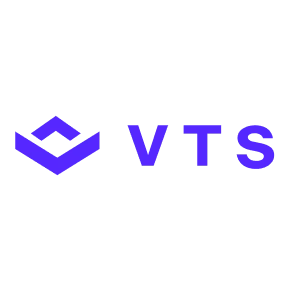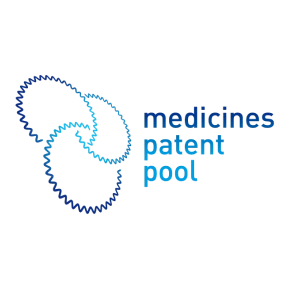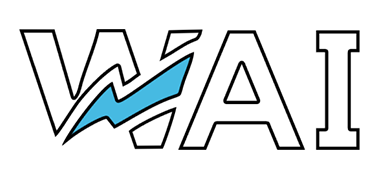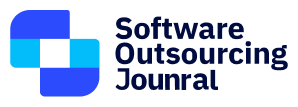
Brands That Love Us

How Can Custom Healthcare Software Solutions Help?
Personalized healthcare software solutions optimize medical service delivery, improving operational efficiency and patient care. Secure applications and online platforms allow healthcare providers to manage patient records, conduct seamless transactions, and access personalized insights, facilitating informed decision-making and enhancing patient outcomes.
Why Opt For Our Services?
Ajackus offers tailored software solutions for the healthcare industry, simplifying technology, boosting efficiency, and improving user experience. Partner with us to elevate and optimize your healthcare operations.
- Telemedicine Solutions
- Artificial Intelligence in Diagnostics
- Healthcare Information Exchange (HIE) Solutions
- Patient Engagement Platforms
- Cloud-Based Healthcare Solutions
- Medical Billing and Claims Processing Software
- Customized Electronic Health Record (EHR) Systems
- Population Health Management Systems
- Interoperable Healthcare Platforms
- Healthcare Analytics and Reporting
- Healthcare ERP Systems
- Digital Health Identity Verification Services
Why Choose Our Healthcare IT Solutions?
Offering resilience in healthcare, our software engineers upgrade systems, refine user experience, mitigate technical debt, and enhance competitiveness for healthcare institutions.

Health Mobile Apps for Wearable Devices
We develop specialized health mobile apps for wearable devices, maximizing the potential of wearables for health monitoring and wellness tracking.

Population-Based Health Interventions
We implement targeted interventions based on population health data, addressing specific health needs and promoting preventive care strategies.

Automated Appointment Reminders
We reduce appointment no-shows with automated reminder systems, improving patient attendance and optimizing our healthcare provider schedules.

Nutrition and Fitness Tracking Platforms
We offer nutrition and fitness tracking platforms to empower individuals in managing their health, promoting healthy lifestyles, and preventing chronic diseases.
What our Clients are Saying

23 Reviews

FAQs
Healthcare IT plays a pivotal role in enhancing patient care outcomes by facilitating efficient communication among healthcare providers, streamlining data management, and enabling timely access to patient records. Electronic health records (EHRs) ensure a comprehensive view of patient history, enabling informed decision-making and personalized treatment plans. Integration of advanced technologies, such as telehealth and remote monitoring, further extends the reach of healthcare services, fostering better patient engagement and preventive care strategies.
Implementing Healthcare IT systems comes with challenges, including initial capital investment, staff training, and potential resistance to change. Interoperability issues between different IT systems can arise, hindering seamless data exchange. Moreover, ensuring data security and compliance with regulatory standards adds complexity. Overcoming these challenges requires strategic planning, ongoing support, and collaboration between stakeholders to maximize the benefits of Healthcare IT while addressing organizational concerns.
Healthcare IT significantly improves the management of chronic diseases by enabling continuous monitoring and proactive intervention. Remote patient monitoring devices and health apps allow individuals to track vital signs and share real-time data with healthcare providers. This data-driven approach facilitates early detection of issues, allowing for timely adjustments to treatment plans. Through data analytics, healthcare professionals can identify trends, assess treatment efficacy, and provide personalized interventions, ultimately enhancing the quality of life for individuals with chronic conditions.
Yes, Healthcare IT serves as a powerful tool in preventing medical errors. Electronic health records (EHRs) reduce the risk of errors related to manual record-keeping and enhance accuracy in medication management. Decision support systems embedded in IT platforms provide real-time alerts for potential issues, improving clinical decision-making. Standardized protocols and automated workflows further contribute to error reduction by ensuring consistency in care delivery. Overall, the integration of Healthcare IT minimizes the occurrence of medical errors, promoting patient safety and quality healthcare.
Interoperability is crucial for the effectiveness of Healthcare IT systems as it ensures seamless communication and data exchange between different platforms and healthcare providers. When systems can share information effortlessly, healthcare professionals gain comprehensive insights into patients’ medical histories, leading to more informed decision-making. Improved interoperability also enhances care coordination, reducing duplication of tests and procedures. Standardized data formats and communication protocols play a key role in achieving interoperability, fostering a connected healthcare ecosystem that benefits both providers and patients.






